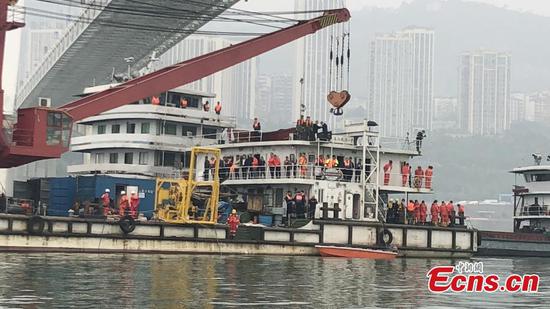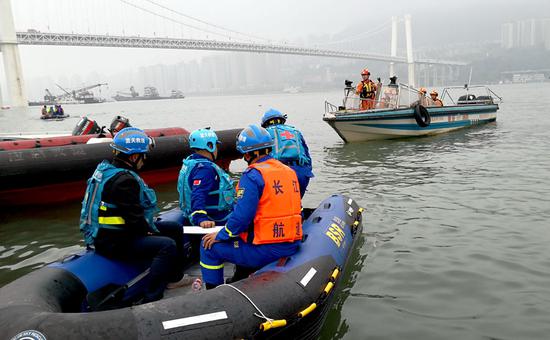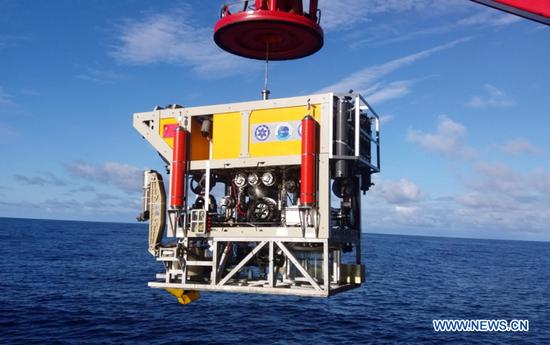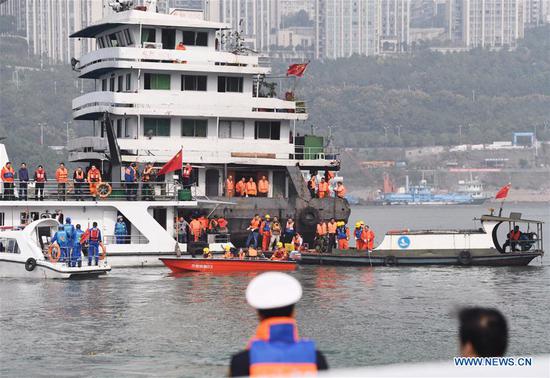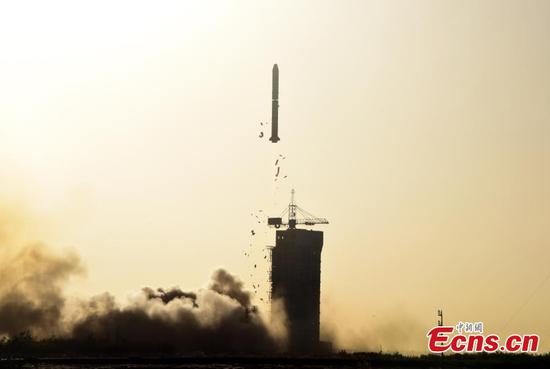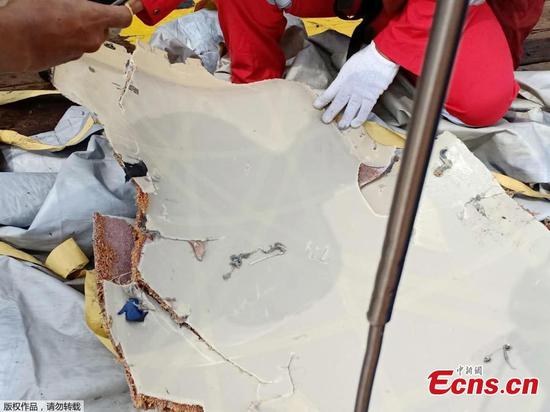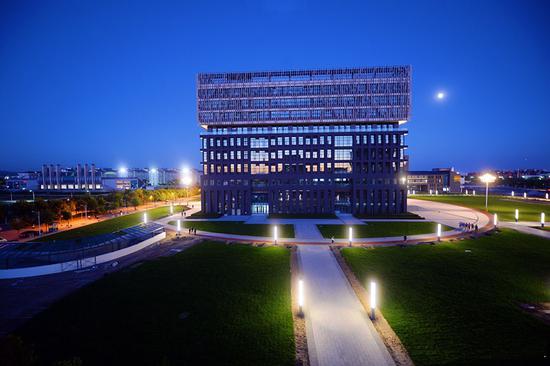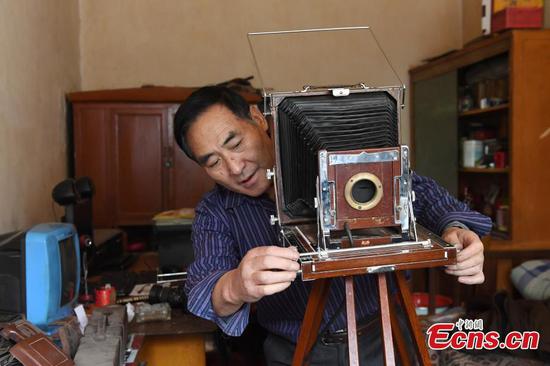China's self-developed autonomous underwater vehicle (AUV) was used for the first time to probe into waters on the Qinghai-Tibet Plateau, the Harbin Engineering University said Tuesday.
The scientific investigation, conducted by Harbin Engineering University, Qinghai University and Tsinghua University, aims to detect water quality and collect data in Sanjiangyuan, home of the headwaters of the Yangtze River, the Yellow River and Lancang (Mekong) River.
The investigation was completed in September. Scientists are currently studying the data to analyze the impacts that rising temperatures on the plateau have had on atmospheric circulation, to promote the protection and restoration of water ecology and to safeguard the water ecological environment on the Qinghai-Tibet Plateau.
The AUV was co-developed by Harbin Engineering University and Tsinghua University, which is capable of conducting highly-automated underwater investigations for long periods of time.
Sun Yushan, a professor at the Harbin Engineering University, said the AUV can collect real-time water quality data and can work well in most weather conditions, making up for the deficiency of manual data collection.
The AUV has collected important hydrographic and water quality information in specified waters including topography, water flow rates, temperatures, salinity, turbidity and pH levels, according to Sun.
















